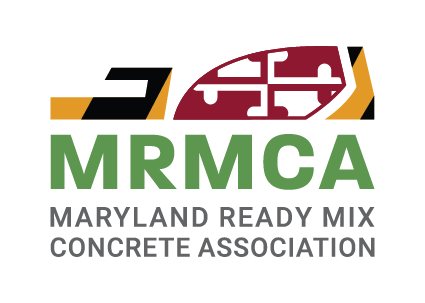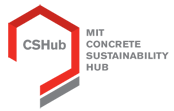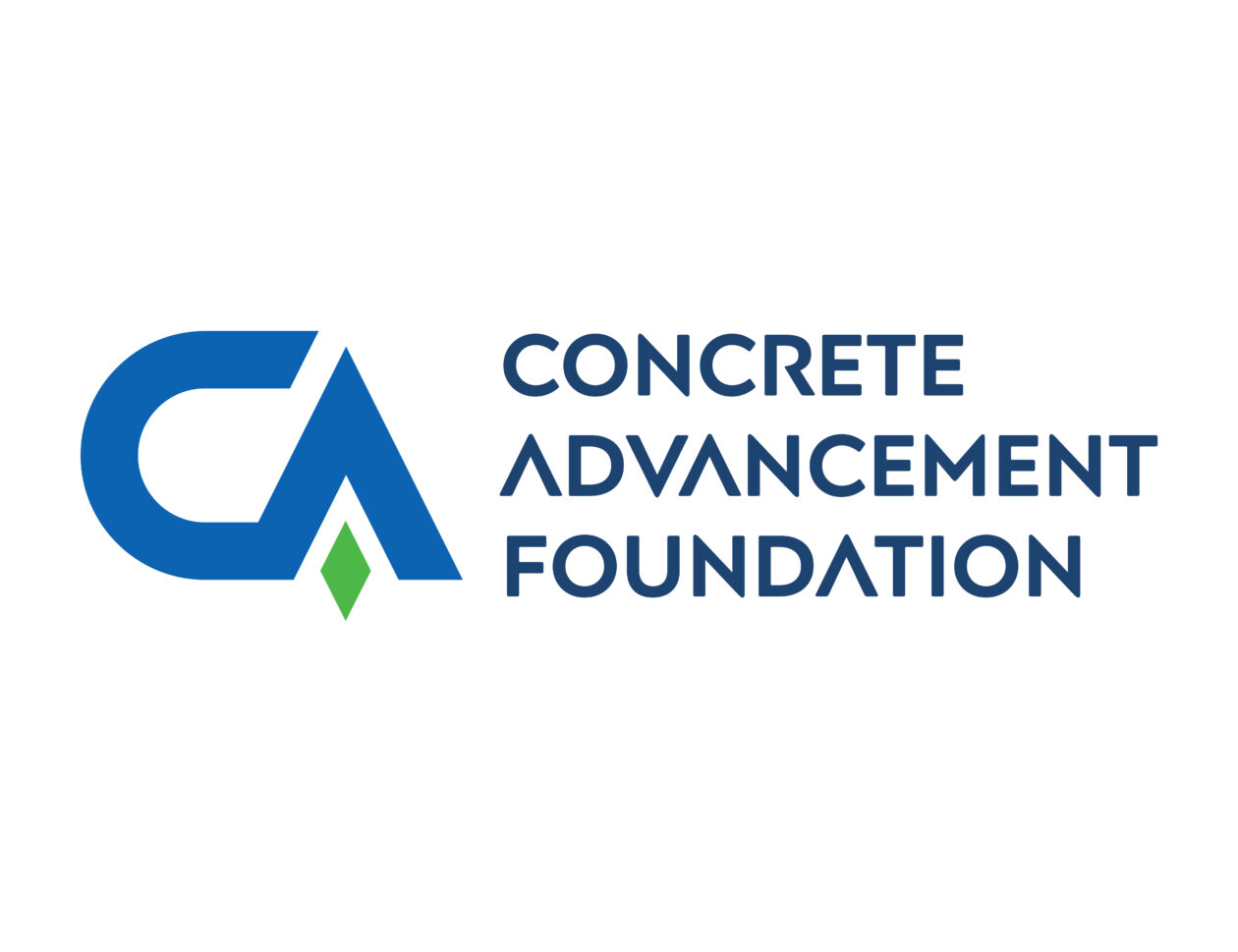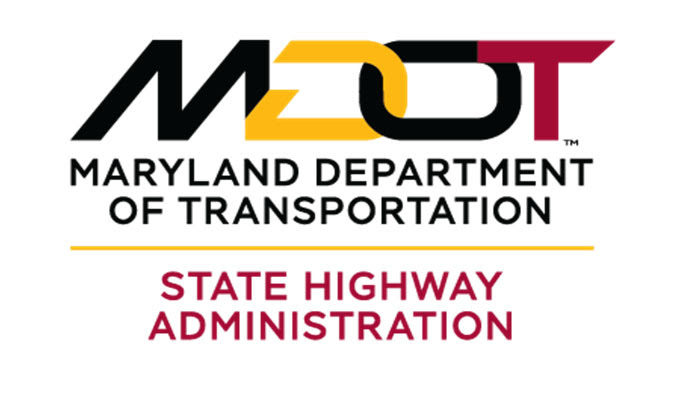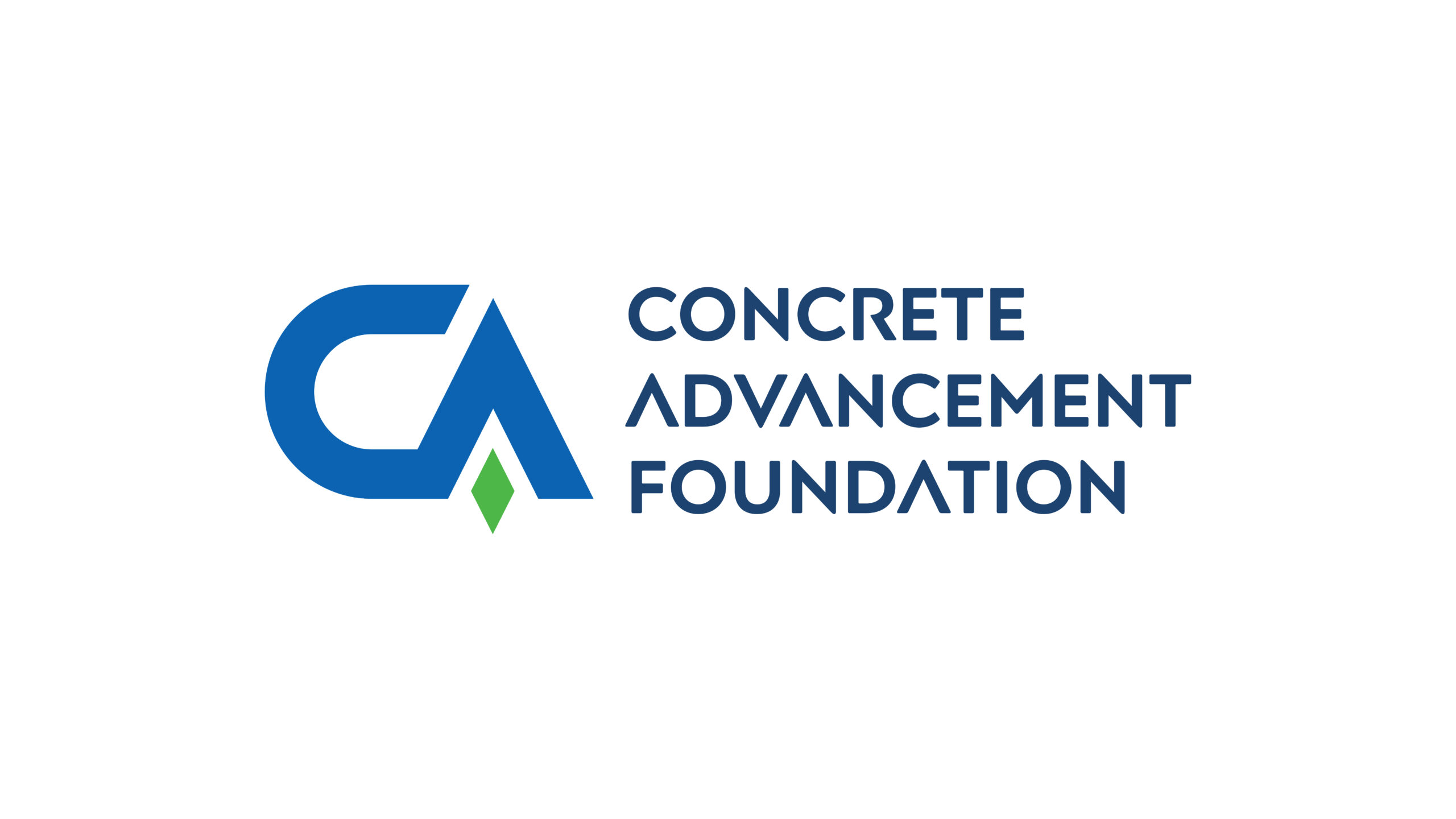Why study concrete sustainability? Simple. More concrete is produced than any other material on Earth. In the foreseeable future, there is no other material that can replace concrete to meet our societies’ needs for housing, shelter, schools, and infrastructure. Concrete is produced from abundant raw materials locally available almost everywhere on earth. It is an inexpensive construction material with a relatively small environmental footprint, but its attractive properties have led to massive use that contributes approximately 5% of global CO2 production.
Concrete is an essential part of LIFE
Emerging breakthroughs in concrete science and engineering suggest that concrete can be part of the solution when it comes to planning for a sustainable development that encompasses economic growth and social progress while minimizing the ecological footprint.
This requires a holistic approach in which progress in concrete science translates into innovative structural concrete engineering applications, ranging from concrete pavement solutions to wall systems, whose impact on sustainable development are evaluated with advanced environmental-econometric impact studies.
WHY MIT CARES
MIT is committed to innovation that improves the things that matter. Concrete is a fundamental part of the buildings where we live and work and the infrastructure that connects us. According to the United Nations, there will be over nine billion people on Earth, 70% of whom will live in urban areas. Massive urbanization calls for smart decision making in public transportation, housing, and other integral infrastructure projects. Concrete will play a key role in meeting the needs of the growing population and thus its sustainability is of utmost importance.
CSHub MIT CONCRETE SUSTAINABILITY HUB
The MIT Concrete Sustainability Hub, CSHub, is a dedicated interdisciplinary team of researchers from several departments across MIT working on concrete and infrastructure science, engineering, and economics since 2009. The MIT CSHub brings together leaders from academia, industry, and government to develop breakthroughs using a holistic approach that will achieve durable and sustainable homes, buildings, and infrastructure in ever more demanding environments.
Concrete Advancement Foundation (formally the RMC Research & Education Foundation)
Concrete_Advancement_Foundation_Release
Since 1991, the Concrete Advancement Foundation (formerly known as the RMC Research & Education Foundation) has been putting the generous contributions of the concrete and construction community members to work to fund programs to improve quality, sustainability and professionalism in the ready mixed concrete industry.
The research and educational programs supported by the Concrete Advancement Foundation represent a broad spectrum of projects that are helping to keep the concrete industry on the cutting edge, and demonstrate that we are:
- Devoted to recruiting new talent, and strengthening the education and training of current and future professionals within the industry,
- Concerned with protecting the safety of our workforce,
- Working toward improving the quality of concrete and concrete construction, and
- Dedicated to sustainability, resilience and strong environmental stewardship.
All contributions to the Concrete Advancement Foundation are fully tax deductible. Please visit their Contribute page for more information.
MDOT SHA Office of Policy and Research (OPR)
The Office of Policy and Research (OPR) supports the mission of the Maryland Department of Transportation State Highway Administration (MDOT SHA) by providing a central source of leadership to advise the Administrator and MDOT SHA on policy and legislative related issues, Public Information Act requests, external correspondence, ethics and knowledge management. OPR also manages MDOT SHA’s research program and Maryland participation in the AASHTO Transportation and Civil Engineering (TRAC) and Roadways in Developing Elementary Students (RIDES) programs.
Legislative Services Division: This division manages federal and State legislative policy and monitors and analyzes any changes that would impact MDOT SHA.
PIA, Correspondence, & Ethics Division: This division coordinates all Public Information Act (PIA) requests received by MDOT SHA. It also ensures that MDOT SHA complies with ethics and correspondence policies. It manages the TRAC and RIDES program.
Research & Knowledge Management Division: This division delivers an annual Research Work Program (approximately $3.3 million) that supports MDOT SHA’s business needs. This division also serves as a hub for knowledge management and records retention.
Research Projects: Completed Reports and Requests for Proposals
